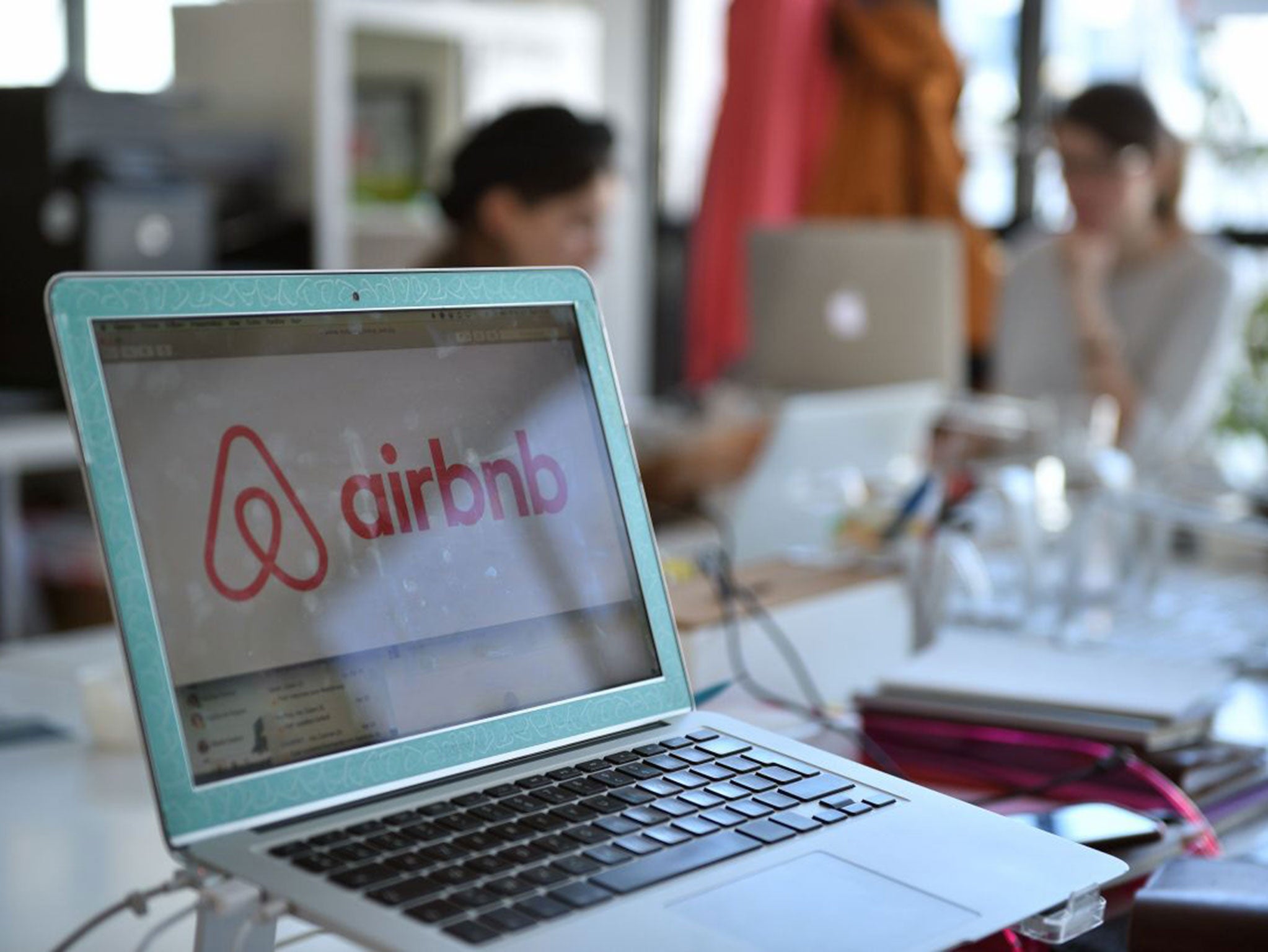Airbnb was losing money years before the coronavirus pandemic hit
Home-sharing giant made losses for past three years amid rapid expansion

Even before the coronavirus pandemic tied the travel industry up in knots, Airbnb was making a loss.
The home-sharing platform recorded huge revenues but net losses for the past three years running, according to documents filed before an initial public offering (IPO) of its stock, reports AP.
Losses were recorded in 2017, 2018 and 2019; last year the company reported a net loss of $674m, despite accruing revenue totalling £4.8bn.
Much of this is a result of investment into rapid expansion, with Airbnb launching new programmes above and beyond accommodation, including tours and experiences.
Airbnb has yet to set a date for the IPO.
Since the pandemic hit, the business has had to make significant cutbacks to survive, including letting 1,900 (25 per cent) of its staff go back in May.
While bookings plummeted in March and April this year, Airbnb said it saw numbers rising again from July to September, a trend it puts down to guests feeling more comfortable booking into a self-contained apartment than a hotel.
The platform has said it is ready to adapt to the new lifestyle choices brought about by the pandemic.
“We believe that the lines between travel and living are blurring, and the global pandemic has accelerated the ability to live anywhere,” the company said.
Last month, Airbnb commissioned a survey of 2,000 adults who were working from home, and found that six in 10 would consider working remotely from somewhere other than their primary residence.
The poll found that the average office worker would like to spend two-and-a-half weeks doing their job from a more exciting or exotic location, with 37 per cent saying they’d plump for somewhere on the coast and 18 per cent saying they’d opt for a lakeside location.
According to Airbnb data, 65 per cent of “amenity searches” on the platform were for homes with WiFi in September – with overall searches for homes with WiFi up 10 per cent year on year.
Join our commenting forum
Join thought-provoking conversations, follow other Independent readers and see their replies
Comments


Bookmark popover
Removed from bookmarks